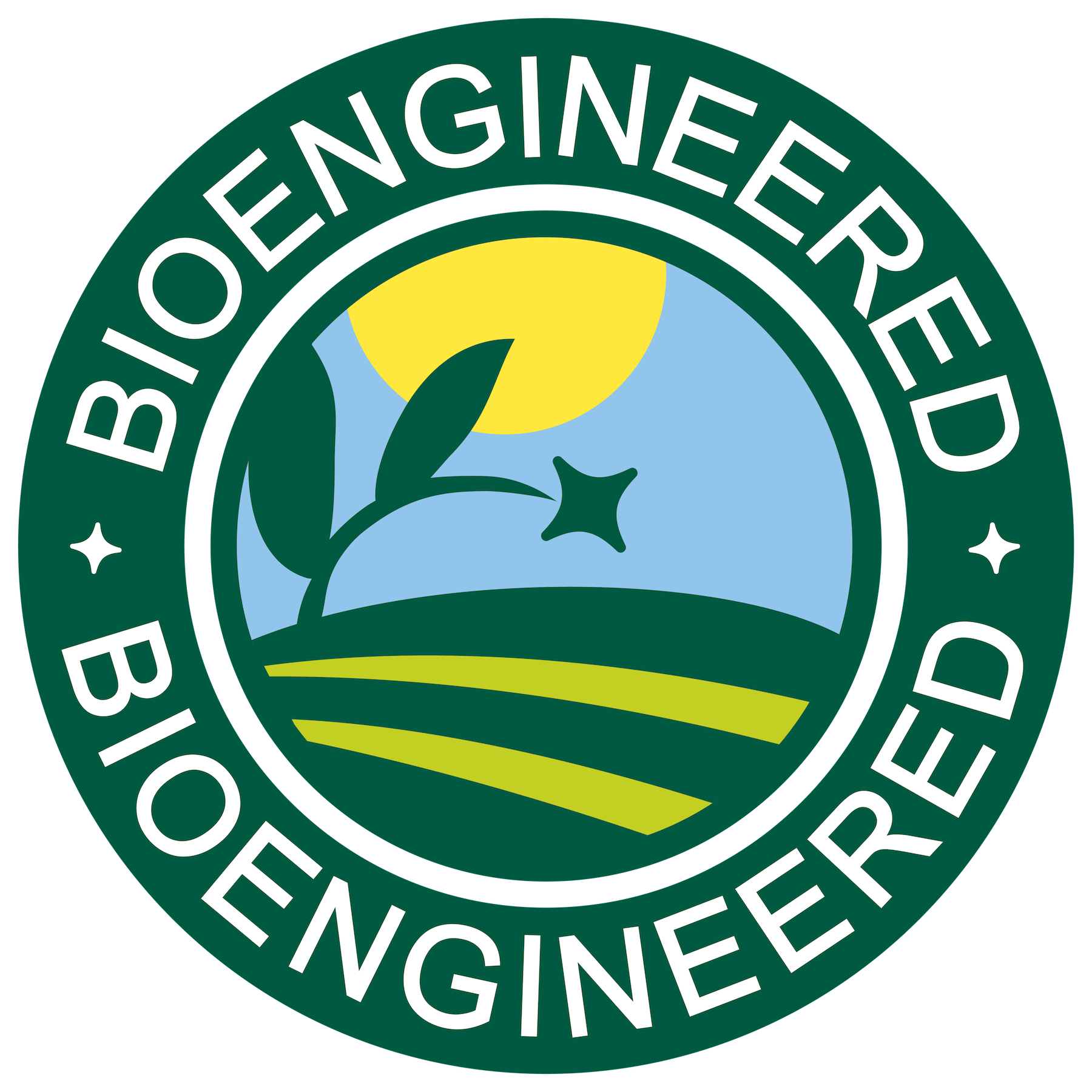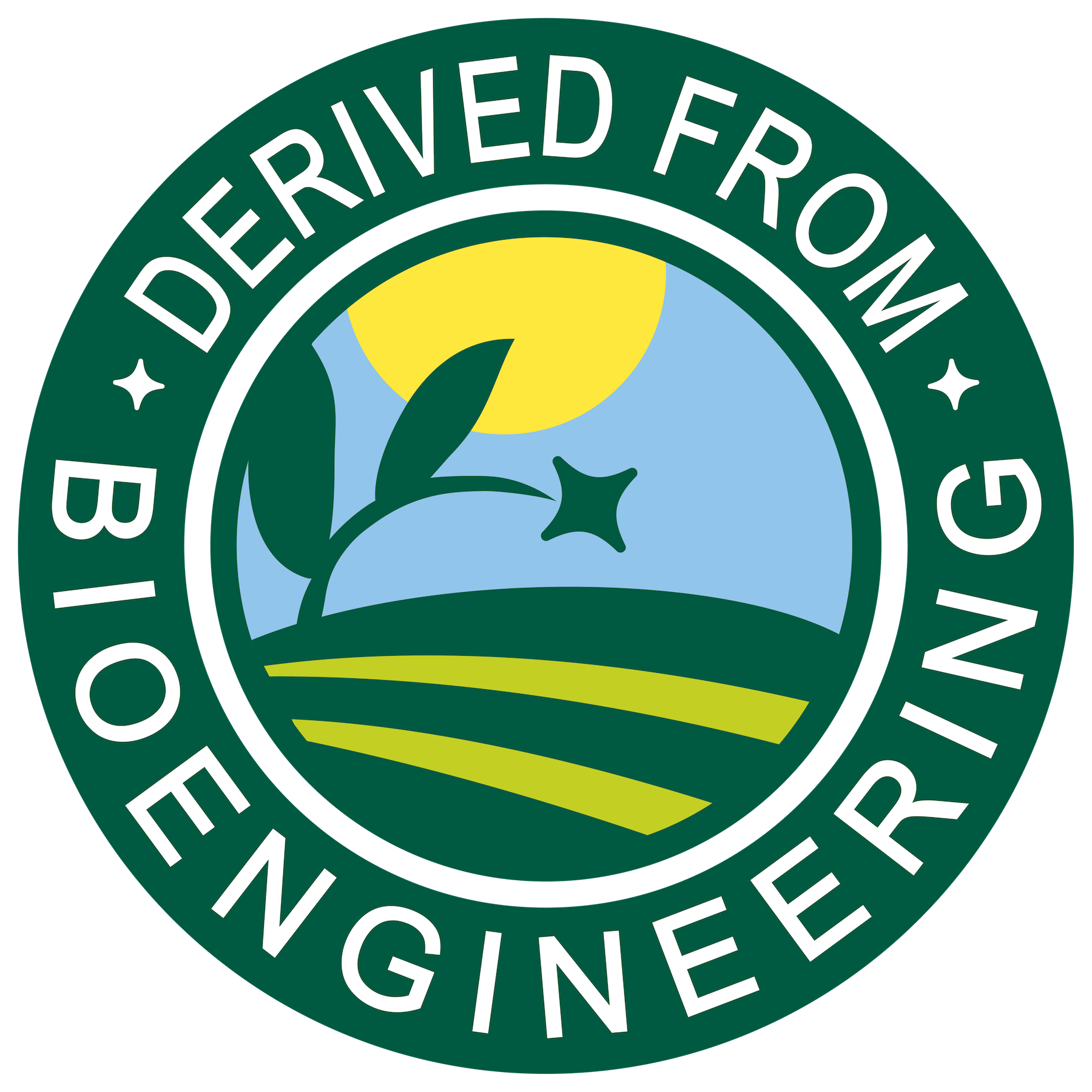
The Agricultural Marketing Service (AMS) of the United States Department of Agriculture issued the final National Bioengineered Food Disclosure Standard (NBFDS), which will require food manufacturers, importers and other entities to indicate on a product’s label whether it was made with bioengineered (BE) ingredients, which have been more commonly referred to as genetically modified organisms (GMOs). The NBFDS, which is described in greater detail below, will take effect on February 19, 2019, but compliance with the rule will not be mandatory until January 1, 2022, giving businesses ample time to use existing inventory and update their labeling.
We summarized the draft version of this rule in a 2018 blog post during the public comment period. After considering the comments it received from a range of stakeholders, AMS made a number of changes to the NBFDS. As such, it is important for food producers to educate themselves on the final rule and seek guidance on compliance.
Key Aspects of the NBFDS
 Defining Bioengineered Foods
Defining Bioengineered Foods
The statute that directed AMS to detail the NBFDS defines a “bioengineered food” as one that contains genetic material that has been modified through in vitro recombinant deoxyribonucleic acid (DNA) techniques and for which the modification could not otherwise be obtained through conventional breeding or found in nature.
AMS has created and will maintain a List of Bioengineered Foods as tool to help determine whether a food must bear a BE disclosure. If (1) a food or food ingredient is on the List of Bioengineered Foods, and (2) the regulated entity’s records reflect that the food is a bioengineered food or do not indicate whether the food is bioengineered, the food must bear a BE disclosure. Presently, the list includes: alfalfa, apple (ArcticTM varieties), canola, corn, cotton, eggplant (BARI Bt Begun varieties), papaya (ringspot virus-resistant varieties), pineapple (pink flesh), potato, salmon (AquAdvantage®), soybean, squash (summer), and sugarbeet.
Note that while there is now a clear definition for a bioengineered food, there is still no regulatory definition for a “Non-GMO” food. Thus, the recent proliferation of Non-GMO claims and the popularity of third-party certifications such as the one offered by the Non-GMO Project, will not be dampened by this rule.
Foods That Must Bear a BE Disclosure
The NBFDS applies to food products in which the predominant ingredient is subject to the federal Food, Drug, and Cosmetic Act. In effect, this means that the NBFDS does not apply to food products regulated primarily by the USDA, such as meat, poultry and liquid or processed egg products, even if the animals from which these products were derived were given bioengineered feed.
When using an ingredient or selling a food that you know contains an unlisted BE food, disclosure is required. When using a confirmed non-BE variety of a listed food, disclosure is not required.
Exemptions from the BE Disclosure Requirement
The final rule exempts several categories of food from the BE disclosure requirement:
- Food derived from an animal that consumed feed produced from, containing, or consisting of a bioengineered substance, provided that the finished food product does not also contain other BE ingredients;
- Salads, soups, and other ready-to-eat items prepared by grocery stores;
- Foods that are certified organic under the USDA’s National Organic program, which prohibits the use of BE ingredients, in all categories — ‘100% Organic,’ ‘Organic,’ and ‘Made with Organic’, so long as the products contain 70% or more organic ingredients.
- Foods produced by “very small businesses” with annual sales below $2.5m.
The NBFDS also establishes a threshold or safe harbor for the “inadvertent or technically unavoidable presence of bioengineered substances of up to 5% for each ingredient.” This is intended to create a small amount of leeway given the possibility of cross-contact between BE and non-GMO supplies of ingredients at all stages of production.
Limitations on the Disclosure Requirement
The NBDFS will not require disclosure of bioengineered ingredients if the modified genetic material is undetectable in the finished food. Thus, highly refined foods such as vegetable oils made from genetically modified canola and high fructose corn syrup derived from corn that has been genetically modified for glyphosate resistance need not be labeled, so long as the modified genetic material is undetectable.
“Detectability,” or the lack thereof, can be demonstrated by:
- Records that verify the food is made from a non-bioengineered food,
- Records that verify the food has been refined using a process validated to render the modified genetic material undetectable, or
- Testing records for specific foods that confirm the absence of detectable modified genetic material.
However, AMS is not prohibiting or restricting BE disclosures on food products that contain such highly refined ingredients. In what can be seen as a concession to the vast majority of Americans who favored GMO labeling, AMS added that it “values transparency and consumer interests… and recognizes that some regulated entities may wish to disclose that their refined foods (that do not contain modified genetic material and thus are not bioengineered foods) are derived from bioengineering.” On this basis, AMS will allow voluntary disclosure on foods are made with highly processed or refined derivatives of BE commodities. AMS will not, however, allow voluntary BE disclosures on foods derived from animals fed bioengineered feed.
 Making the BE Disclosures
Making the BE Disclosures
Food manufacturers, importers, and certain retailers are responsible for making BE disclosures. NBFDS authorizes several options for labeling packages and bulk food containers:
- A text disclosure on the label — “Bioengineered Food” or, for multi-ingredient products, “contains a bioengineered food ingredient”
- Symbol, as shown here, which may be printed in color or black and white
- Electronic or digital link (i.e., QR code, URL, or digital watermarks) paired with the statement “Scan here for more food information” or equivalent instructional language and accompanied by a phone number to call as an alternate way to receive the information; and/or
- Text message, accompanied by a a statement on the package that instructs consumers on how to receive a text message.
Small food manufacturers, those with between $2.5 and 10 Million in annual receipts have the option to simple include a website URL or phone number through which consumers may access information about the product’s BE status.
- “Visit [URL] for more food information.”
- “Call [1-000-000-0000] for more food information.”
Note that it is never permissible to say “May Be Bioengineered” or to use alternate words to refer to the presence of bioengineered ingredients, such as “genetic engineered,” “genetically” modified,” or “GMO.”
What Else Does the Rule Require?
 Responsible parties must also keep customary or reasonable records demonstrating their compliance.These records must contain “sufficient detail as to be readily understood and audited,” but need not conform to a particular format. Examples of acceptable records include: supply chain records, organic certification, or documentation that the ingredient is sourced from a country that does not allow production of the specific ingredient in a bioengineered form.
Responsible parties must also keep customary or reasonable records demonstrating their compliance.These records must contain “sufficient detail as to be readily understood and audited,” but need not conform to a particular format. Examples of acceptable records include: supply chain records, organic certification, or documentation that the ingredient is sourced from a country that does not allow production of the specific ingredient in a bioengineered form.
Enforcement
AMS’s authority to enforce compliance with the NBFDS is limited to records audits, examinations, and public disclosure of the results. They may not command a recall or assess civil penalties on the basis of non-compliance with the NBFDS. However, one should expect that the plaintiff’s bar will make sure that foods required to bear BE disclosures do so or face civil liability for misbranding and false advertising.
If you are believe that the NBFDS may apply to your products, please reach out to Nicole or Lauren. We can help you better understand the compliance and disclosure obligations for your business and assist you with updating your labels and establishing record keeping procedures.
